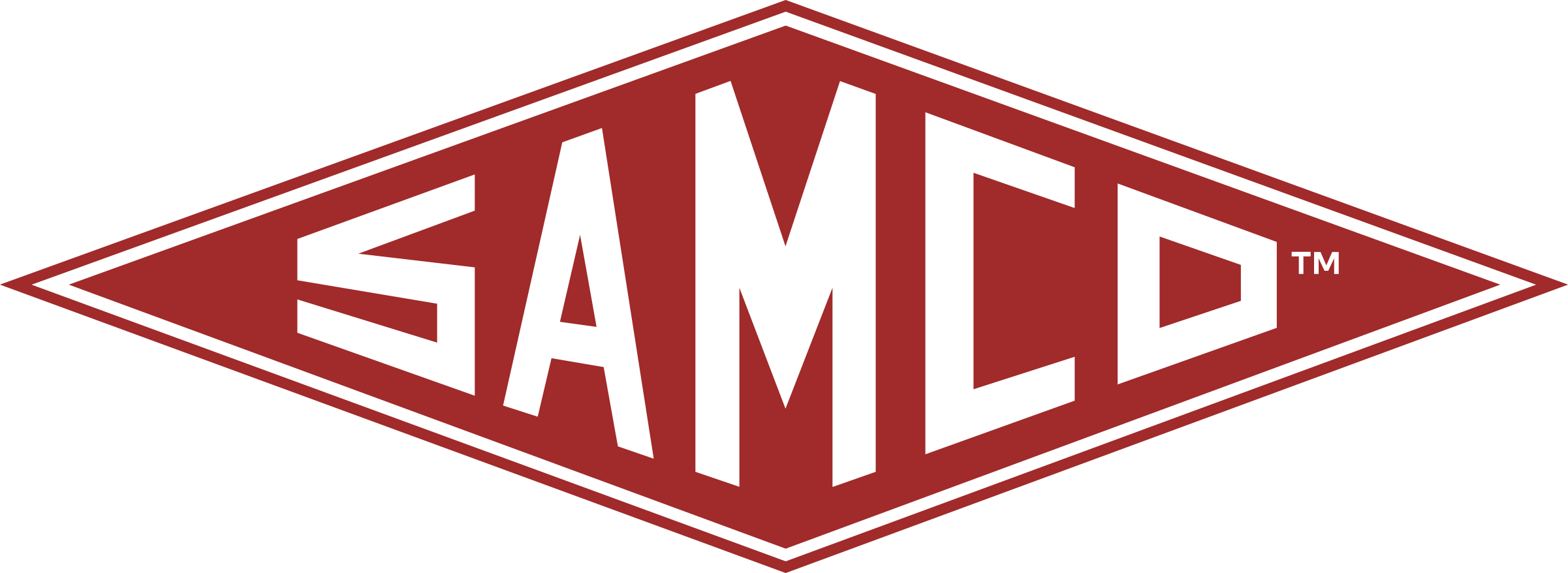
Optimizing Efficiency: Maintenance Tips for Reciprocating Gas Compressors
Reciprocating gas compressors play a critical role in various industries, including oil and gas, petrochemical, and manufacturing. To ensure maximum efficiency and productivity, it is essential to prioritize regular maintenance for these robust machines. By implementing a comprehensive maintenance plan, operators can minimize downtime, reduce component wear, improve energy efficiency, and extend the overall lifespan of their reciprocating gas compressors.
In this blog, we will discuss key maintenance tips that industry professionals can employ to optimize efficiency and reliability in reciprocating gas compressors.
Schedule Regular Inspections:
Implementing a rigorous inspection regime is crucial to detecting potential issues before they escalate into major problems. During these inspections, pay attention to wear and tear on valves, piston rings, and cylinder liners. Regularly check oil levels, gas leakage points, and interstage piping for signs of deterioration or blockages. By proactively addressing these issues, you can prevent costly breakdowns and ensure uninterrupted operation.
Follow Manufacturer Recommendations:
The manufacturer’s maintenance guidelines are valuable resources that outline specific schedules, procedures, and lubrication requirements tailored to your compressor model. Adhering to these recommendations will help maximize efficiency and prevent premature failure. Ensure that all personnel involved in maintenance are well-trained on the manufacturer’s guidelines and adhere to them diligently.
Monitor and Analyze Data:
Implementing a condition monitoring system will enhance your ability to identify potential problems before they impact compressor performance. Real-time data on temperatures, pressures, vibrations, and lubrication quality can be analyzed to assess the health of the compressor. Regularly monitoring this data allows for trend analysis and the early detection of abnormal behavior, facilitating timely maintenance interventions to prevent unexpected failures.
Lubrication:
Proper lubrication is vital for reciprocating gas compressors. Monitor and maintain the correct oil levels and viscosity specified by the manufacturer. Regularly inspect and replace lubricating oil filters to ensure contaminants do not compromise the compressor’s operation. Additionally, utilize oil analysis to identify and rectify any potential lubricant degradation or contamination issues promptly.
Regularly Clean and Inspect Cooling Systems:
Efficient cooling is pivotal for compressor performance and longevity. Regularly clean and inspect cooling systems, including air coolers, heat exchangers, and fans, to remove any debris or obstructions that can impede heat dissipation. Ensure that all cooling components operate smoothly and efficiently to prevent overheating and subsequent compressor damage.
Train Personnel Effectively:
Ensure that your maintenance team is adequately trained and remains up-to-date on the latest industry trends and maintenance practices. Equip them with the knowledge and skills required to handle routine maintenance tasks, perform inspections, and respond effectively to any unexpected issues that may arise.
Conclusion:
By implementing these maintenance tips, operators of reciprocating gas compressors can optimize efficiency, increase reliability, and extend the operational life of their equipment. Regular inspections, following manufacturer recommendations, monitoring data, proper lubrication, cleaning cooling systems, and providing effective training to personnel are all crucial steps for achieving these goals.
Remember, a well-maintained compressor is more efficient, provides better performance, and significantly reduces the risk of unexpected failures and costly downtime. Prioritize maintenance, and your reciprocating gas compressor will consistently deliver optimal results for your industry needs.
